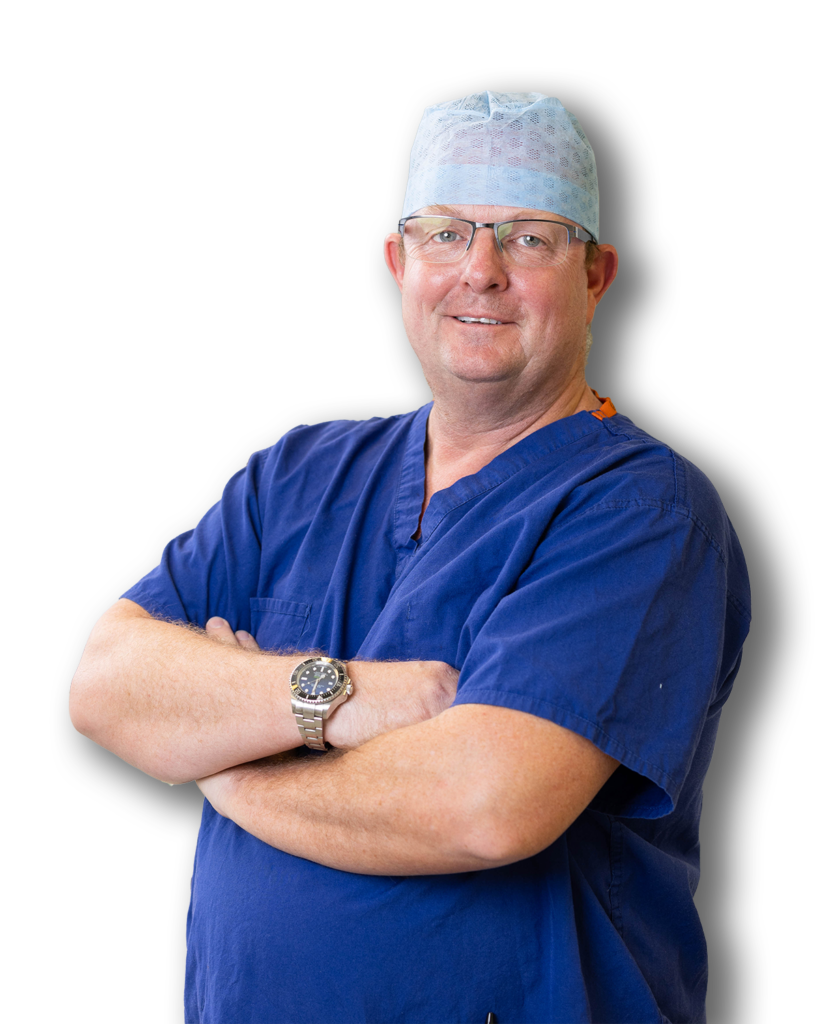-
DAVID STITSON
MBBS, FRCS(Tr & Orth), RAF(rtd)
Consultant Orthopaedic Surgeon in Plymouth -
DAVID STITSON
MBBS, FRCS(Tr & Orth), RAF(rtd)
Consultant Orthopaedic Surgeon in Plymouth -
DAVID STITSON
MBBS, FRCS(Tr & Orth), RAF(rtd)
Consultant Orthopaedic Surgeon in Plymouth
Get Orthopaedic Surgery in Plymouth in just 4-6 weeks
⇒ Consultation in 7 days or less
⇒ Consultation to surgery, 4-6 weeks
Mr David Stitson
Consultant Orthopaedic Surgeon in Plymouth
If you are looking for an expert Orthopaedic Surgeon in Plymouth to relieve your hip or knee pain and regain mobility, Mr David Stitson offers unrivalled and prompt treatment that will give you the best possible outcome. He provides a full range of options for the treatment of lower limb joint conditions and injuries, including hip and knee replacement and revision surgery.
Mr Stitson is a Fellow of the Royal College of Surgeons of England and is on the Specialist Register of the General Medical Council as a Consultant Orthopaedic Surgeon.
ORTHOPAEDIC TREATMENTS AVAILABLE WITH DAVID STITSON AT THE NUFFIELD HOSPITAL IN PLYMOUTH

Total Knee Replacement
A surgical procedure to replace a knee damaged by degenerative or other conditions. This type of operation may be considered for the treatment of pain and functional limitations resulting from various kinds of arthritis or the chronic effects of trauma to the knee.

Revision Knee Replacement
A revision knee replacement is required when an existing knee replacement fails. This highly specialised type of surgery involves the removal of part or all of a previously inserted total knee replacement followed by the insertion of a new replacement.

Knee Arthroscopy
Knee arthroscopy is a minimally invasive procedure often described as ‘keyhole surgery’. Arthroscopy may be recommended for the treatment of conditions such as meniscal tears, micro-fracture, removal of loose bodies or a diagnostic procedure.

Partial Knee Replacement
A partial knee replacement is an alternative to a total knee replacement. It is most commonly performed on active, often younger patients with extensive wear and tear isolated to one compartment of the knee.

Total Hip Replacement
A surgical procedure used to replace a hip damaged by degenerative or other conditions. This type of operation may be considered for the treatment of pain and functional limitations resulting from various kinds of arthritis.

Revision Hip Replacement
A revision hip replacement is required when an existing hip replacement is worn out. This highly specialised type of surgery involves the removal of part or all of a previously inserted total hip replacement followed by the insertion of a new replacement.

MEET YOUR SURGEON, MR DAVID STITSON, A CONSULTANT ORTHOPAEDIC SURGEON PRACTICING AT THE NUFFIELD HOSPITAL IN PLYMOUTH
MR DAVID STITSON
Consultant Orthopaedic Surgeon

Mr Stitson benefits from practising privileges at the Nuffield Hospital, Plymouth, where he offers a full range of Orthopaedic procedures.
David Stitson benefits from practising privileges at the Nuffield Hospital, Plymouth, where he offers a wide range of primary and revision hip replacement and knee replacement surgeries, together with arthroscopic knee surgery and other general orthopaedic procedures.
Mr Stitson, an Orthopaedic Surgeon in Plymouth, is recognised as a specialist in lower limb joint replacement and revision joint replacement surgery. He has developed particular expertise in hip replacement in young adults, where he uses CT-based planning and a wide range of implants and techniques, including custom implants, to achieve solutions that are tailored to each patient. This is now also true of total knee replacement, where Mr Stitson is able to offer a CT-planned, custom-made total knee replacement where appropriate.
His aim in each case, whether using conventional or custom implants, is to provide a bespoke service to each individual patient to ensure accurate reconstruction of the joint and optimal functional recovery.
With over 20 years as a consultant in both civilian and military environments, Mr Stitson has gained extensive experience managing civilian and military trauma and regularly calls on this knowledge when dealing with complex cases.
WHY CHOOSE MR DAVID STITSON, A HIGHLY EXPERIENCED CONSULTANT ORTHOPAEDIC SURGEON IN PLYMOUTH, FOR YOUR HIP OR KNEE REPLACEMENT?
As an expert in Orthopaedic Surgery, Mr Stitson understands the importance of helping you return to your previous level of mobility (or fitness) as promptly as possible, by minimising the effect your painful joint condition has on your life.

QUALIFIED CONSULTANT SURGEON
From your initial consultation, through to diagnosis, treatment, and aftercare, you can be confident Mr Stitson will provide you with the best skills and expertise ensuring that you receive the most appropriate and individually tailored surgical or non-surgical solution to ensure the best outcome possible.

DELIGHTED PATIENTS
"Mr Stitson is the most professional surgeon. He is not only professional but also very kind. He takes his time to explain the procedure and what will happen and I can honestly say he has changed my life. I cannot thank him enough."

EXTENSIVE MEDICAL EXPERIENCE
Mr Stitson has developed his extensive experience as a knee replacement and hip replacement surgeon through his 20+ years of practice. He is a member of the British Orthopaedic Association and remains a member of the Combined Services Orthopaedic Society.

EASY APPOINTMENTS
Booking a consultation is easy; simply send a message to request an appointment using the online form or you can enquire by email: enquiries@orthopaedicsplymouth.co.uk or phone: 01752 761818.

“Mr Stitson assesses, diagnoses and treats more than 2000 patients every year and will ensure that you receive an accurate diagnosis together with considered advice and options enabling you to make a fully informed decision before proceeding with your treatment.”
STAFF
TREATMENTS
TESTIMONIALS
PATIENTS
RECENT NEWS
Facing orthopaedic surgery can be daunting and the accompanying fear can feel overwhelming. Here we share 3 calming techniques to ease pre-surgery
Discover how to safely return to sport & maintain an active lifestyle after a knee replacement. Expert advice from David Stitson, Orthopaedic
Recovery from hip surgery is a critical period that requires careful attention and strategy to ensure a successful outcome. We share our



